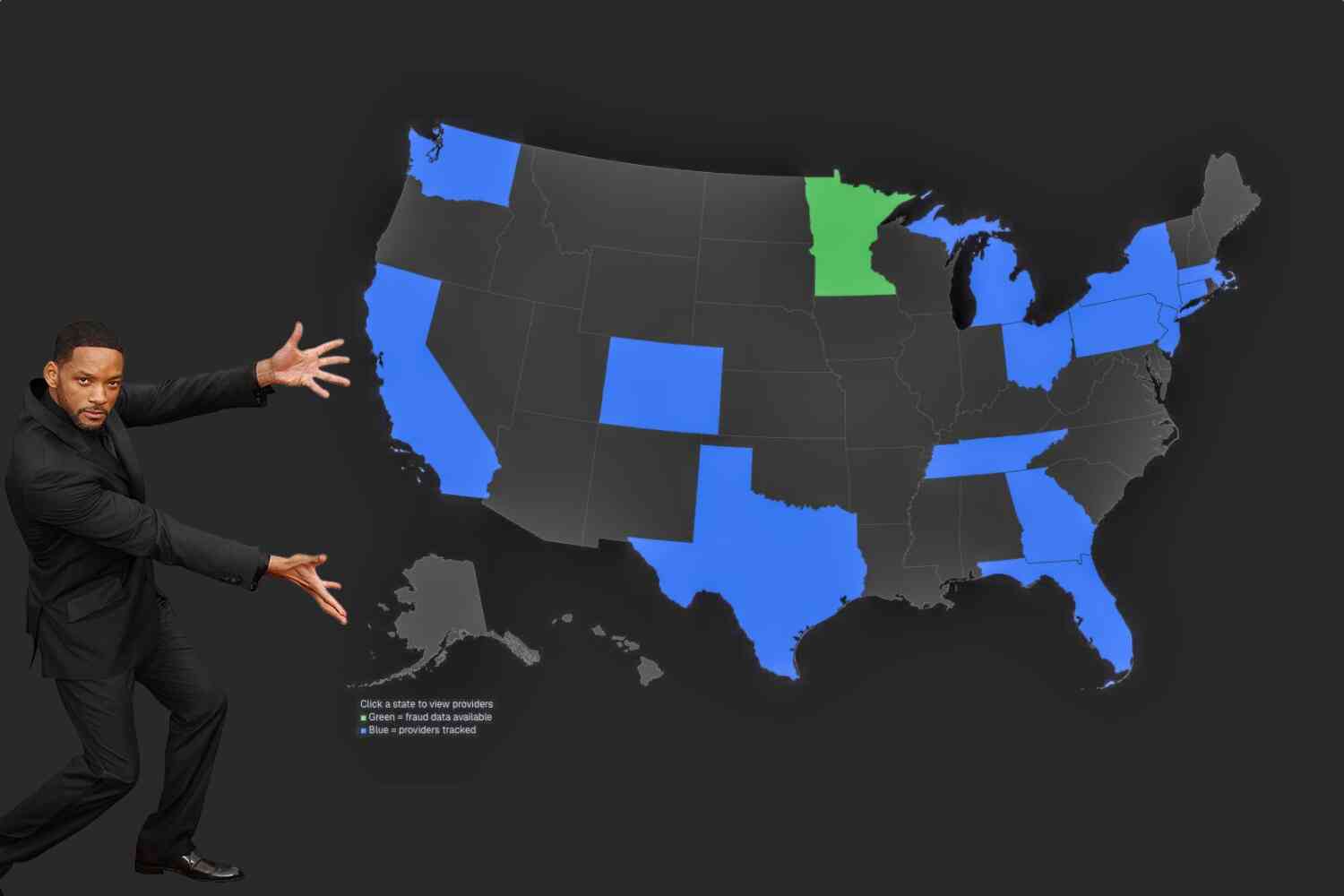Pfizer and the other pharmaceutical companies have every reason to want to get more people authorized go get their vaccines. Thanks to the federal government, they already have better immunity against lawsuits than the people taking their vaccines have against Covid, plus they stand to make even more boatloads of money.
And yet, they were not ready to submit the data the FDA demanded.
Interestingly, this little tidbit was buried by most of the media, with this being a typical headline:
Sounds pretty benign.
The Washington Post took a similar approach, leaving the impression that the companies believed the data was ready for review:
Pfizer and BioNTech seek emergency use authorization of the first coronavirus vaccine for children under 5
Do they, now?
Read on to the second paragraph and you find this:
The Food and Drug Administration asked the companies to apply for authorization of their vaccine, and in an email, FDA spokeswoman Stephanie Caccomo said the omicron surge had generated new data "impacting the potential benefit-risk profile of a vaccine for the youngest children."
Okay, so maybe the companies were just dragging their feet, moving unnecessarily slowly?
Not so much, it turns out.
The latest data has not yet been published or peer-reviewed, and the companies did not summarize it in their announcement. The updated trial data will become public when the FDA issues its briefing book on the authorization request in advance of a scheduled Feb. 15 meeting of its outside advisers.
You can tell how devoted people are to science when they short-circuit the scientific method for political purposes.
If anyone disagrees, we run the very real risk of losing streaming rights to yet more geriatric rockers, some of whom might actually not have been members of Crosby, Stills, Nash, and Young.
Dive even deeper into the article, long past the time most people have moved on to their daily dose of Wordle, and you find this:
A person familiar with the situation suggested that the company is reluctant to release the data in advance of the briefing documents because new information about the vaccine in young children keeps coming in.
Data, shmata, roll those sleeves up, kiddos!
The person, who spoke on the condition of anonymity because they were not authorized to discuss the matters publicly, said the data the FDA already has shows that the vaccine is safe in young children and has clinical efficacy — meaning it prevents cases of covid-19.
The incomplete data shows it's safe.
Good to know.
Now let's get jabbin'!
"Ultimately, we believe that three doses of the vaccine will be needed for children 6 months through 4 years of age to achieve high levels of protection against current and potential future variants," Pfizer chief executive Albert Bourla said in a statement. "If two doses are authorized, parents will have the opportunity to begin a COVID-19 vaccination series for their children while awaiting potential authorization of a third dose."
Fantastic.
I found this later, but to its credit, USA Today did not bury the lede.
Companies usually make the decision to submit a request to Food and Drug Administration on their own, but in this instance it was made at the urging of the federal agency.
Incidentally, when an agency that determines the success or failure of your company "urges" you to do something, you do it like Vito Corleone just asked you to get him a cannoli.
Vaccine uptake is already low.
But it's fine, it's all fine.
But clinical trial results demonstrate the vaccine's safety in young children. Research published in the New England Journal of Medicine (NEJM) and funded by BNT162b2 makers Pfizer and BioNTech found no serious vaccine-related adverse effects among the 1517 fully vaccinated 5- to 11-year-old participants. After a median 2.3-month follow-up, the researchers concluded that BNT162b2 is safe, immunogenic, and effective for the young age group they studied.
2.3 months.
I was speaking with someone who works in the pharmaceutical industry this week. She says you don't test the long-term effects of a drug over months. That makes no sense. You test it over years. You can't tell parents, "Hey, don't worry, your kid will be fine at least through April!" and think that wins the day.
Surveys show that only 27% of parents are eager to vaccinate their children aged 5 to 11.
Pushing a vaccine company to submit data that is incomplete, unpublished, and not peer reviewed so they can rush approval to jab your 6-month-old is probably not the way to win hearts and minds.










